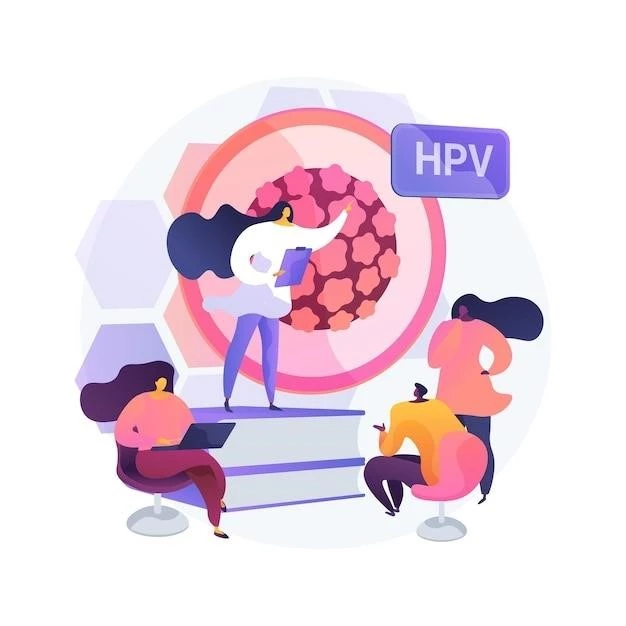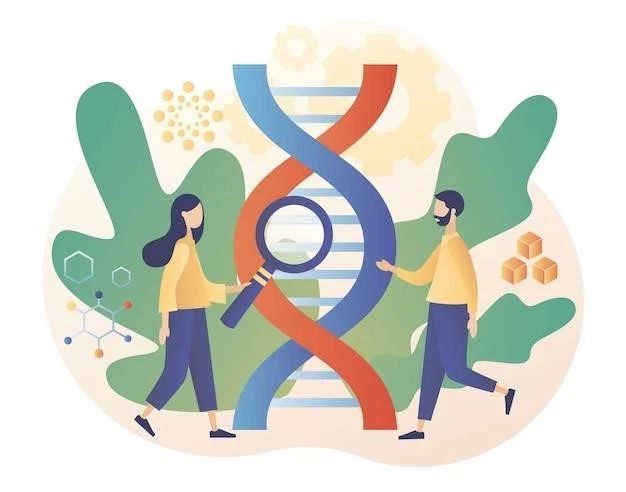Article Plan⁚ Disease ⎯ Stomach Cancer, Familial
The term familial gastric cancer is used to describe families with multiple cases of gastric cancer, indicating a potential hereditary component. Genetic mutations can play a role in increasing the risk of stomach cancer within families.
Introduction to Familial Stomach Cancer
Familial stomach cancer refers to cases of gastric cancer that occur more frequently within families than expected by chance. Hereditary Diffuse Gastric Cancer (HDGC) is a notable form of familial stomach cancer that stems from specific genetic mutations like CDH1. Individuals with a family history of stomach cancer٫ especially at a young age٫ may be at increased risk and should consider genetic testing. Community support groups٫ like Stomach Cancer Sisters on Facebook٫ can provide valuable support and awareness for those affected by familial stomach cancer.
Studies suggest that both genetic mutations passed down from parents and environmental factors, such as H. pylori bacteria, can contribute to the development of stomach cancer. Increased awareness, early diagnosis, and ongoing research efforts are crucial in combating this disease. Family history plays a significant role in determining the risk of gastric cancer, highlighting the importance of understanding and discussing familial gastric cancer syndromes with healthcare providers.
Hereditary Diffuse Gastric Cancer (HDGC)
Hereditary Diffuse Gastric Cancer (HDGC) accounts for about 1 to 3% of all stomach cancers and is primarily caused by mutations in the CDH1 gene. Individuals with HDGC have an increased risk of developing diffuse stomach cancer and lobular breast cancer. Genetic testing and detailed family history evaluation are crucial in identifying individuals at risk of HDGC. By understanding the genetic component of HDGC, healthcare providers can offer personalized screening and management strategies to affected families.
Community support groups like Stomach Cancer Sisters provide a platform for individuals affected by HDGC to connect, share experiences, and raise awareness about familial stomach cancer. Early detection through genetic testing and surveillance can significantly impact the management and outcomes of HDGC cases. Healthcare providers play a key role in counseling families with HDGC history, offering genetic testing, and providing comprehensive care to mitigate the risks associated with this hereditary form of stomach cancer.
Genetic Mutations and Familial Stomach Cancer
In some cases, individuals inherit gene mutations, such as changes in the CDH1 gene, from their parents, leading to conditions that heighten the risk of stomach cancer. These genetic mutations are responsible for a small percentage of stomach cancers globally. It is essential for individuals with a family history of stomach cancer to undergo genetic testing to identify potential inherited risks. By understanding the genetic component of familial stomach cancer, healthcare providers can offer personalized screening and management strategies to help individuals manage their risk effectively.
Familial gastric cancer syndromes, like HDGC, are associated with an increased risk of developing stomach cancer due to genetic predispositions. Detailed family history evaluations and genetic testing, if appropriate, are recommended for individuals suspected to have hereditary gastric cancer syndromes. Community support groups, such as the Stomach Cancer Sisters on Facebook, play a vital role in raising awareness, providing advice, and sharing experiences among individuals affected by familial stomach cancer.

Familial Gastric Cancer Syndrome
Understanding familial gastric cancer syndromes is crucial for individuals with a family history of stomach cancer. These syndromes, like Hereditary Diffuse Gastric Cancer (HDGC), result from genetic mutations passed down through generations. Recognizing the patterns of stomach cancer incidence within families and obtaining detailed family history evaluations can aid in identifying those at an increased risk of developing this disease.
Community support groups, such as the Stomach Cancer Sisters on Facebook, provide a platform for individuals affected by familial stomach cancer to connect, share experiences, and seek advice. Genetic testing plays a pivotal role in determining inherited risks and guiding personalized screening and management strategies for those with familial gastric cancer syndromes. By raising awareness and promoting early detection, individuals can take proactive steps in managing their health and reducing the impact of familial stomach cancer.
Risk Factors for Stomach Cancer in Families
Family history is a significant risk factor for stomach cancer, especially in cases of familial gastric cancer syndromes like Hereditary Diffuse Gastric Cancer (HDGC). Inherited genetic mutations, such as those in the CDH1 gene, can predispose individuals to gastric cancer within families. Understanding the genetic component and obtaining detailed family history evaluations are crucial steps in identifying those at higher risk.
Studies indicate that certain bacteria, including H. pylori, play a role in stomach cancer development. Genetic mutations passed down from parents can also contribute to an increased risk of stomach cancer. Early diagnosis through genetic testing and surveillance is essential for individuals with a family history of stomach cancer to effectively manage their risk factors and improve health outcomes. Awareness of these risk factors can empower individuals to make informed decisions about their health.
Diagnosis and Genetic Testing for Familial Stomach Cancer
Diagnosing familial stomach cancer involves a combination of comprehensive family history evaluations and genetic testing. Healthcare providers may recommend genetic testing for individuals with a suspected predisposition to hereditary forms of stomach cancer, such as Hereditary Diffuse Gastric Cancer (HDGC).
Genetic testing can identify specific mutations, like those in the CDH1 gene, linked to familial stomach cancer syndromes. By undergoing genetic testing, individuals can better understand their inherited risks and make informed decisions about screening and preventive measures. Early diagnosis through genetic testing is crucial in managing familial stomach cancer and facilitating personalized healthcare plans tailored to the individual’s genetic profile.
Community Support for Individuals with Familial Stomach Cancer
Community support plays a vital role in assisting individuals affected by familial stomach cancer. Groups like Stomach Cancer Sisters on Facebook offer a network for sharing experiences, providing advice, and creating awareness about the challenges faced by those with familial stomach cancer.
Individuals can benefit from joining support groups to connect with others facing similar experiences, access valuable information, and receive emotional support during their journey. Knowing that you are not alone and having a community to lean on can greatly enhance the well-being and resilience of individuals dealing with familial stomach cancer.
Recent Studies and Findings on Familial Stomach Cancer
Recent studies have shed light on the genetic mutations associated with familial stomach cancer, such as those in the CDH1 gene, which increase the risk of gastric cancer within families. Understanding inherited syndromes and the implications of these mutations is crucial in identifying individuals at higher risk.
Community support groups, like Stomach Cancer Sisters on Facebook, have been instrumental in raising awareness about the rise of stomach cancer, especially among young adults. By sharing experiences and providing advice, these groups offer invaluable support to individuals navigating the challenges of familial stomach cancer.

Conclusion and Awareness Initiatives for Familial Stomach Cancer
In conclusion, familial stomach cancer poses a significant risk, especially for those with hereditary forms like Hereditary Diffuse Gastric Cancer (HDGC) and other genetic mutations. It is crucial to raise awareness about the impact of familial stomach cancer and encourage individuals with a family history of the disease to seek genetic testing and early diagnosis.
Community initiatives, such as the Stomach Cancer Sisters support group on Facebook, play a vital role in providing a platform for individuals to share experiences, seek advice, and advocate for increased awareness about familial stomach cancer. By fostering a sense of community and support, we can empower individuals to take proactive steps in managing their health and well-being in the face of familial stomach cancer.
